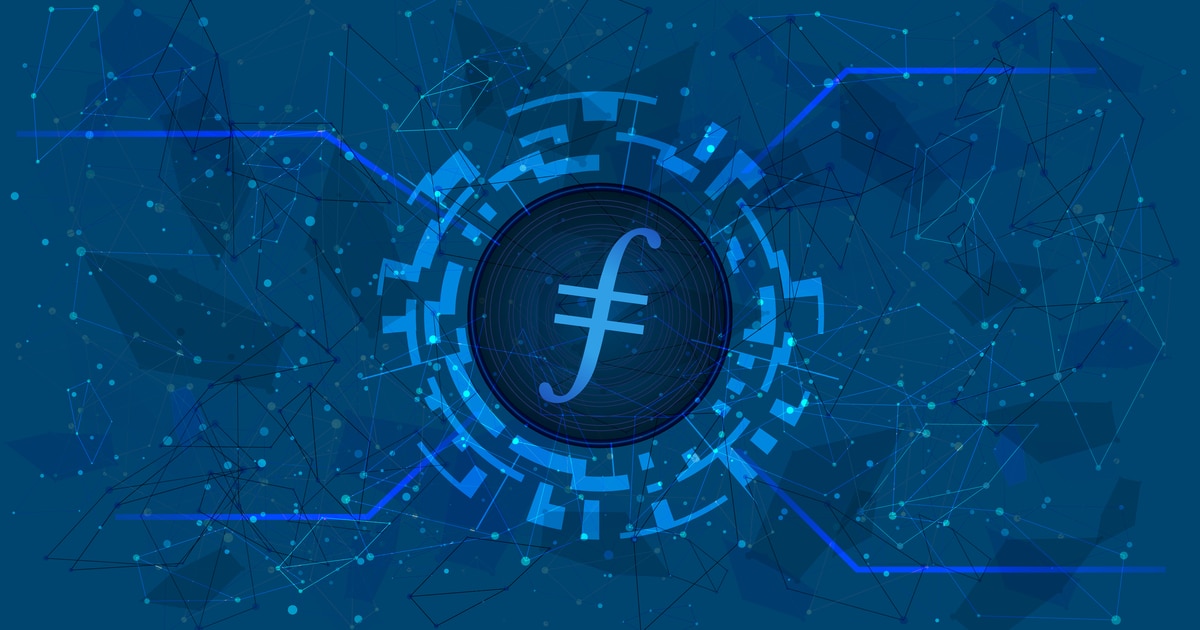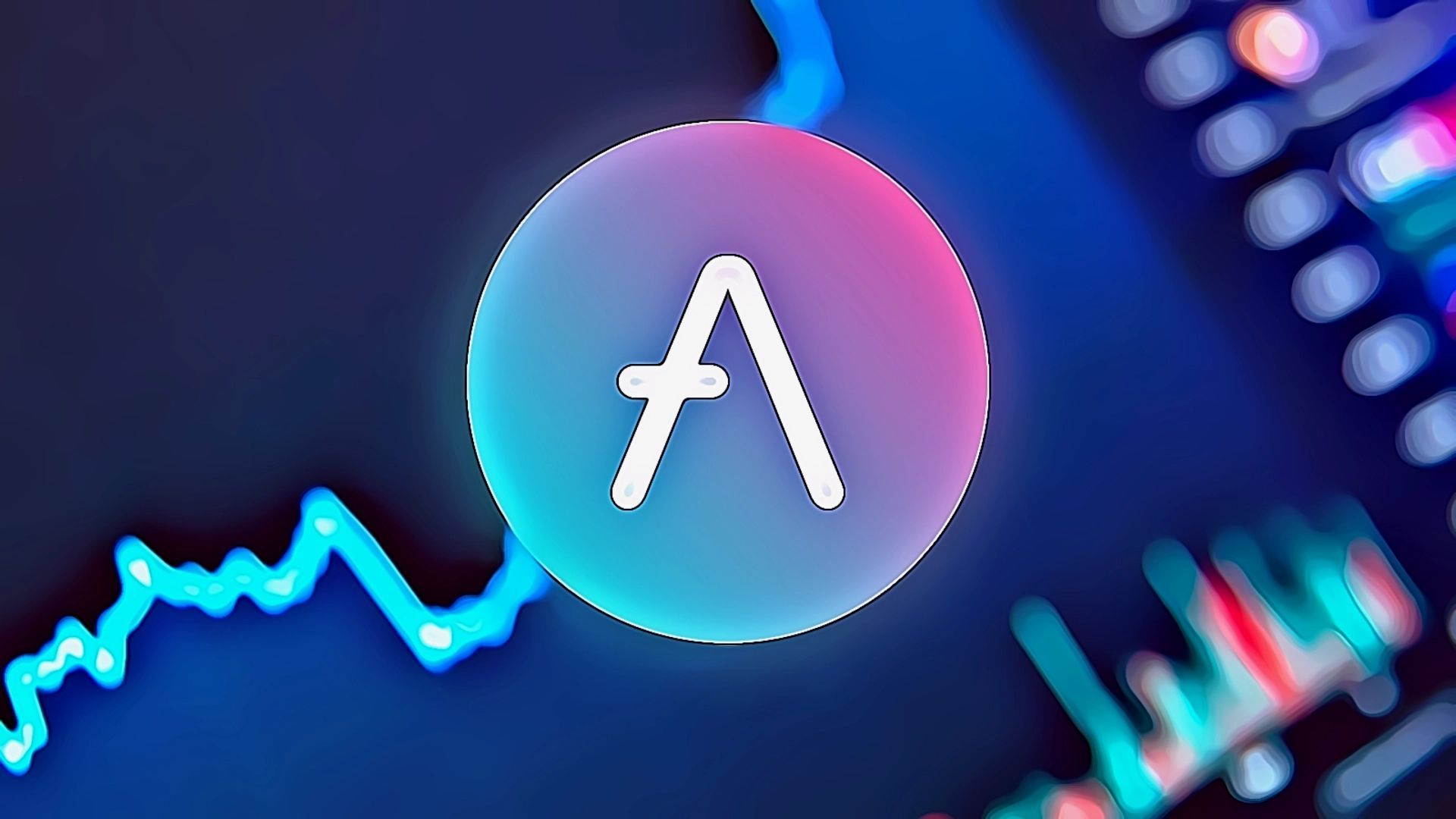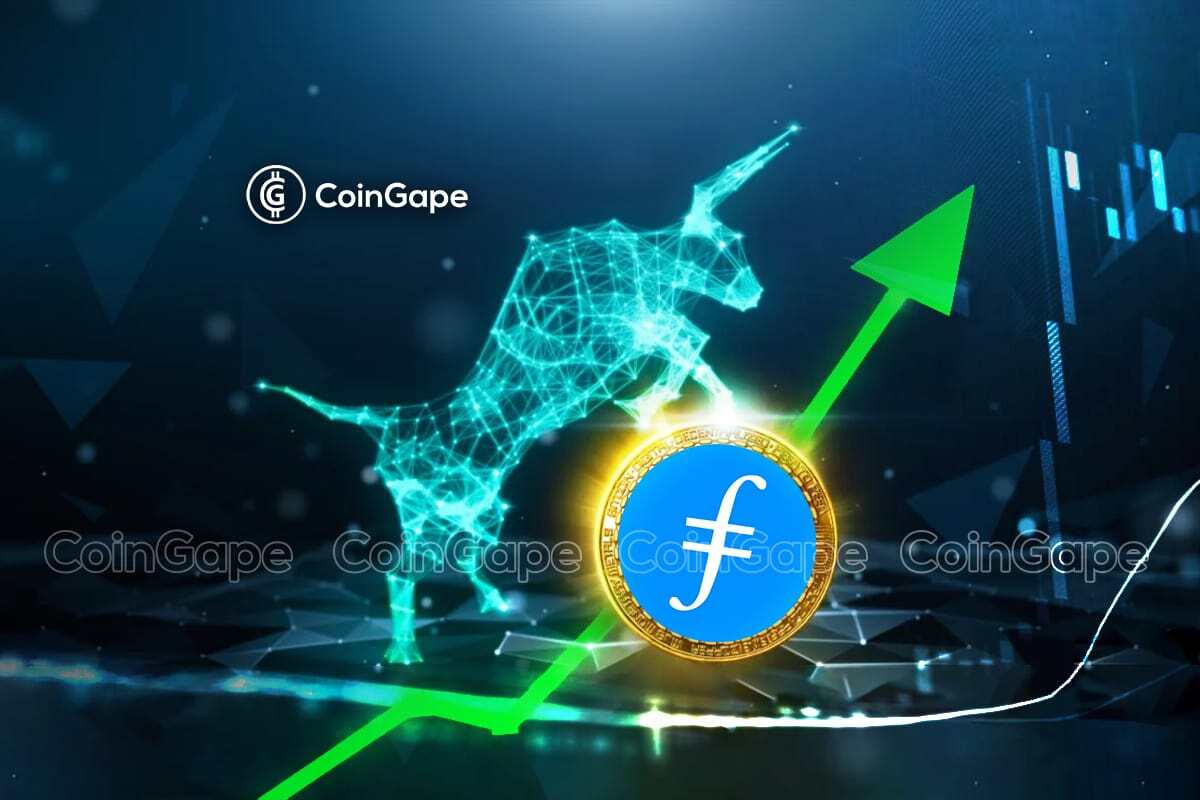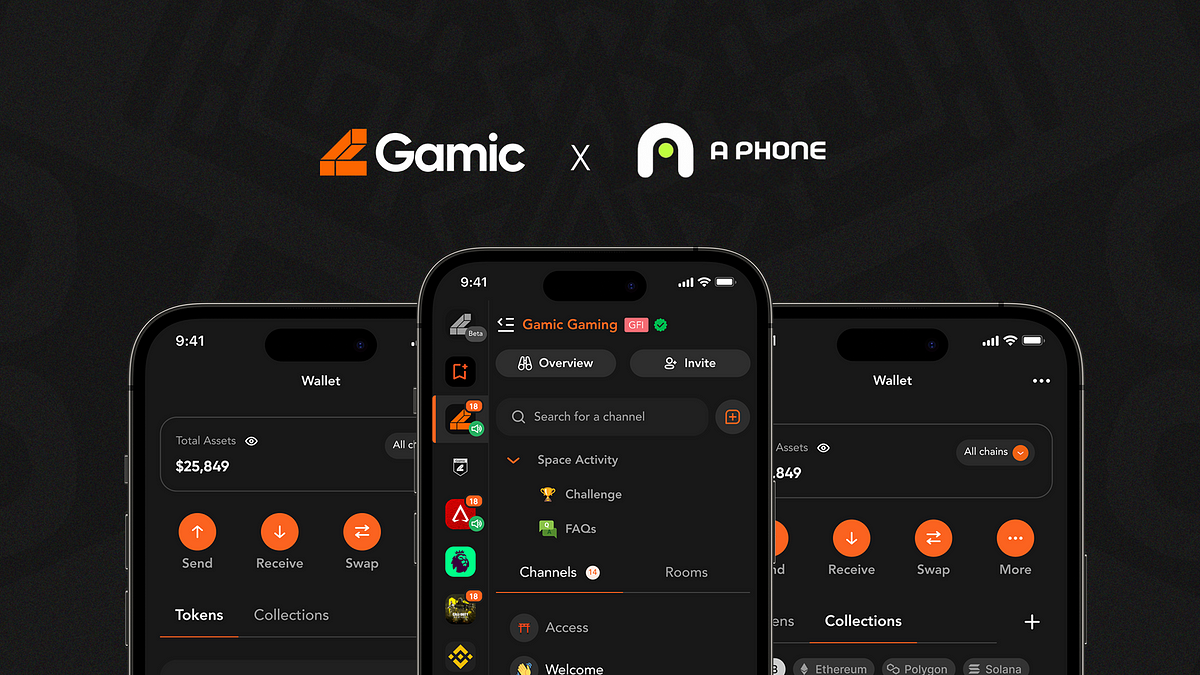Latest DePIN Product Launch News

2 months ago
DePin: The Decentralized Gaming Infrastructure by Alliance Games
Alliance Games, a gaming industry innovator, has introduced DePin, a decentralized Web3 gaming infrastructure platform. DePin, a chain-agnostic solution, aims to balance user experience, gameplay, and decentralization in blockchain gaming. The platform offers decentralized public cloud hosting, auto

2 months ago
Filecoin Network Prepares for NV23 Upgrade with 'Waffle' Codename
The Filecoin network is set to undergo the NV23 upgrade, also known as 'Waffle', aimed at improving network performance and integration with the broader blockchain ecosystem. South Korean exchange Upbit will temporarily freeze Filecoin (FIL) deposits and withdrawals starting August 6 to ensure a smo

2 months ago
Coral App: Pioneering Multi-Chain Web3 Phone
Coral App, the first multi-chain Web3 phone, is set to revolutionize how we interact with the decentralized internet. It allows users to earn money through Decentralized Physical Infrastructure Networks (DePIN) participation without compromising data privacy. With multi-chain integration, Coral App

2 months ago
DePIN Market Cap Surges to $20 Billion with IoTeX in Focus
According to @intotheblock, DePIN (Decentralized Physical Infrastructure Networks) is emerging as a significant narrative in the current cryptocurrency cycle, boasting a market cap of over $20 billion. The focus is particularly on IoTeX (@iotex_io), a layer 1 blockchain that is optimized for DePIN p

2 months ago
Filecoin's 'Waffle' Upgrade to Enhance Network and Integrate Ethereum
Filecoin's upcoming 'Waffle' upgrade, NV23, is set to enhance the network's performance and integrate Ethereum transactions, aiming to improve storage efficiency and broaden ecosystem integration. Key features include a soft launch of Fast Finality, support for legacy Ethereum transactions, and a no

2 months ago
AAVE's Dominance in Web3 Lending Market
AAVE has silently achieved a doubling of its Total Value Locked (TVL) to a remarkable $21 billion this year. With active loans, revenue, and fees surging, AAVE is outpacing market capitalization growth, establishing itself as a major player in the Web3 lending market. Over three years, AAVE has secu

2 months ago
Filecoin's Waffle Update Boosts Price and Ecosystem Integration
Filecoin's price surges with the announcement of the Waffle network update, set for August 2024, promising performance enhancements and new capabilities. The update includes support for Ethereum transactions and a non-interactive proof of replication. Filecoin's strategic partnership with Singularit

2 months ago
Gamic Integrates with APhone's Decentralized App Store
Gamic has partnered with APhone, integrating into their decentralized app store, AppNest. This collaboration allows APhone users to easily access Gamic's Web3 messaging and community-building features, enhancing visibility for Gamic in the mobile Web3 space. APhone is a decentralized cloud phone tha

2 months ago
Pebble Tracker: Blockchain-Powered IoT Device for Real-Time Data Capture
The Pebble Tracker by IoTeX is an innovative blockchain-powered IoT device that offers real-time data capture for various applications. With its user-friendly setup and integration into the MachineFi ecosystem, users can monetize their data securely. The device captures data on location, climate, mo

2 months ago
Real-World Assets and the Future of Tokenization
Ramon Recuero, CEO of Kinto, discusses the potential of real-world assets (RWAs) in the blockchain space, highlighting their role in unlocking liquidity for asset holders and the challenges of establishing a product-to-market fit in the crypto industry. He believes that RWAs could represent a multit